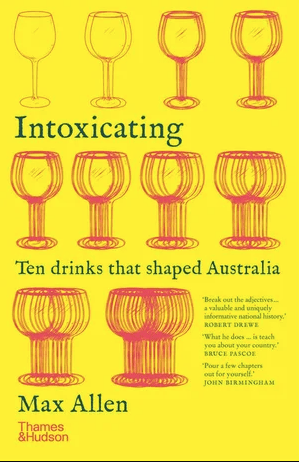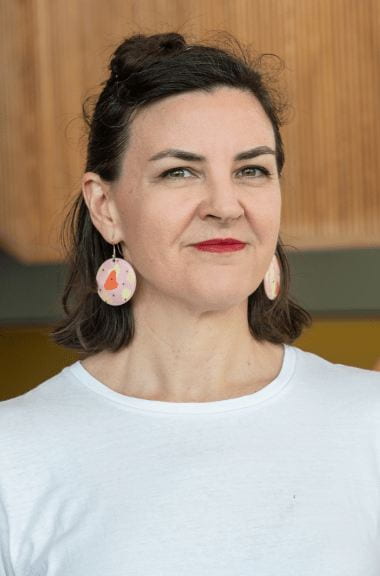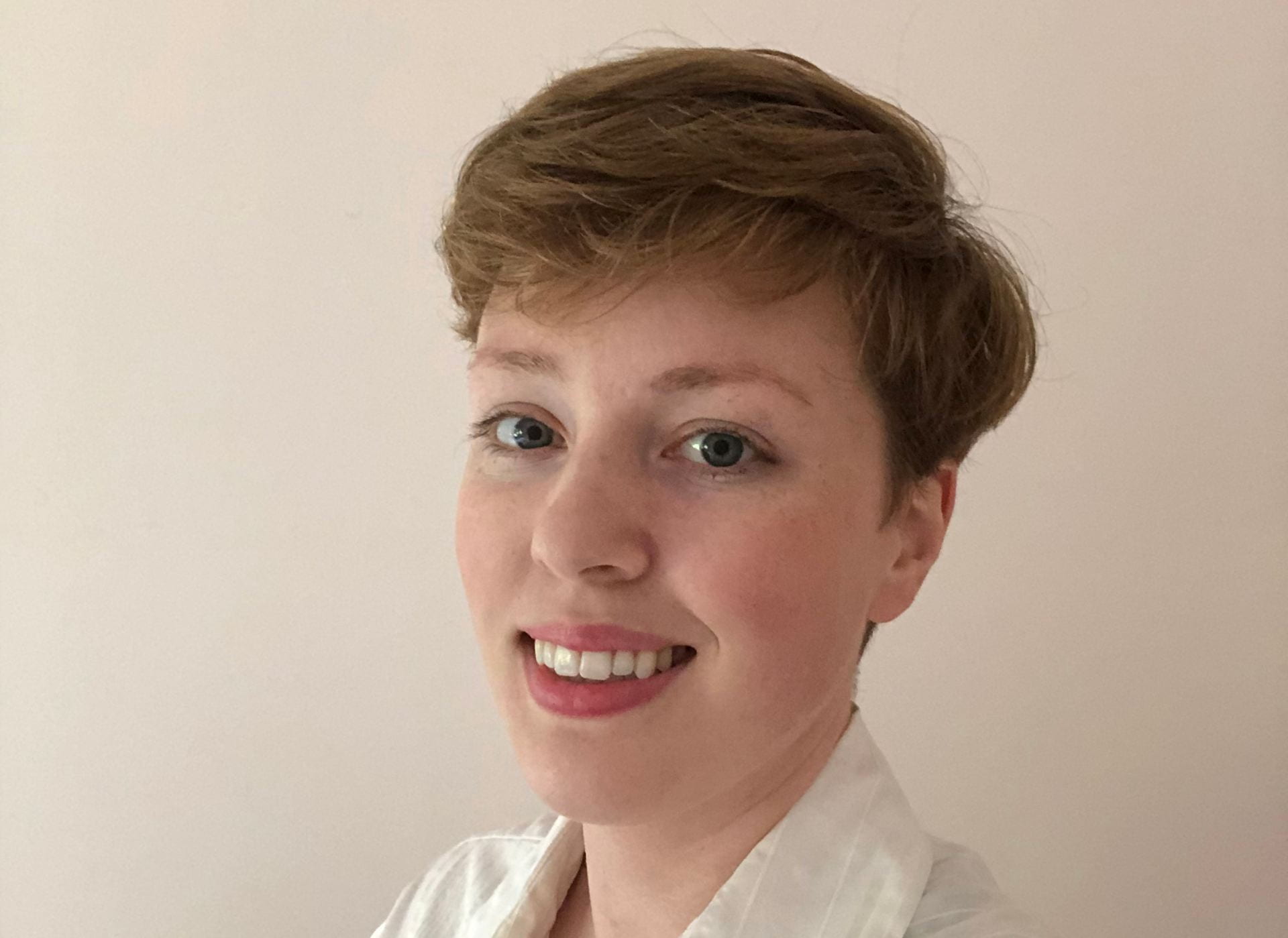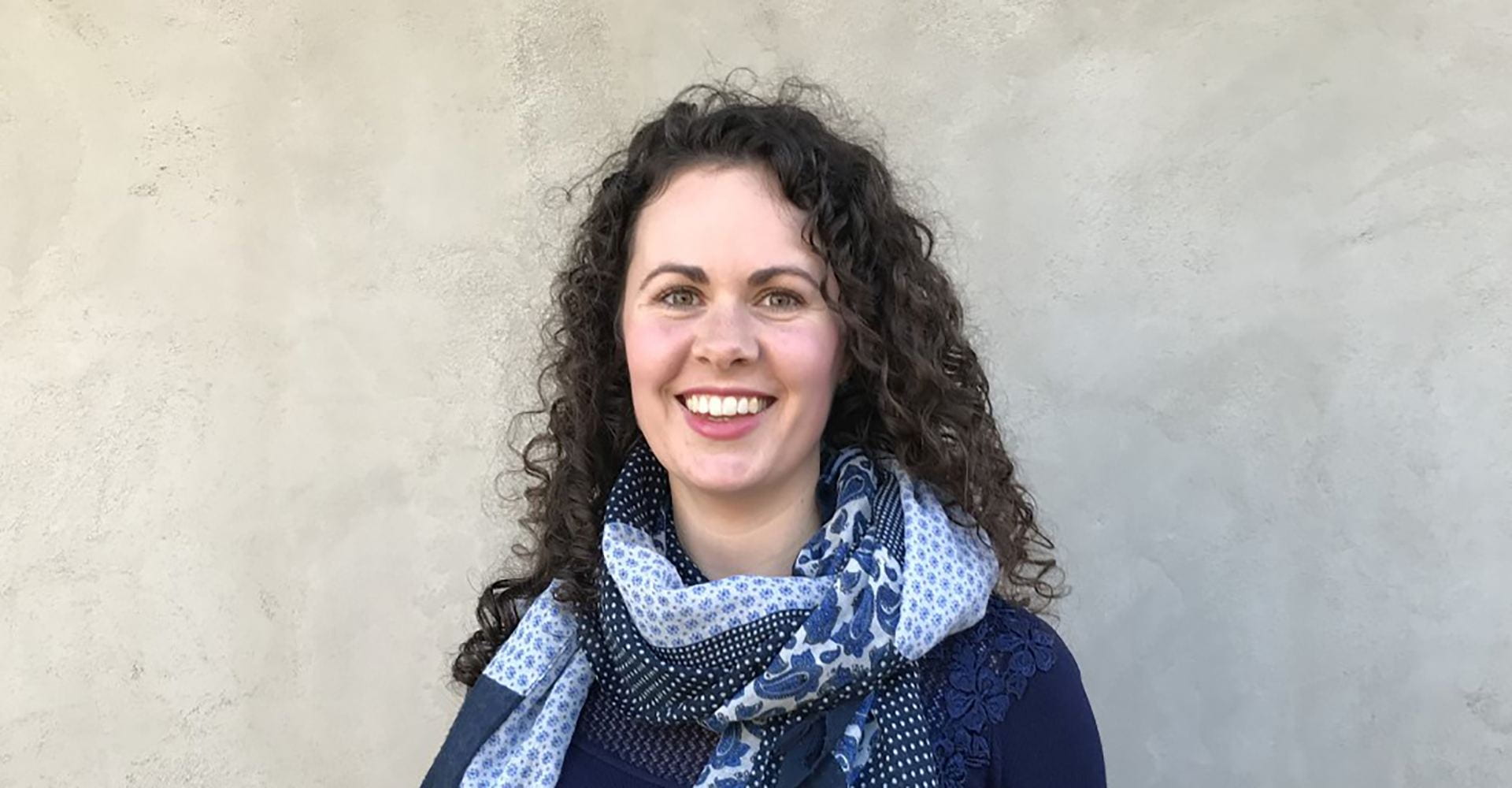
SHAPS Digest (December 2020)
A monthly roundup of media commentary, publications and projects, and other news from across the School community.
 Max Allen (Honorary) was interviewed on Late Night Live about his new book, Intoxicating: Ten Drinks that Shaped Australia, a history of our drinking cultures from little-known examples of Indigenous fermentation to the development of as-yet unimagined concoctions. The book was also reviewed by Rachel Franks and Declan Fry.
Max Allen (Honorary) was interviewed on Late Night Live about his new book, Intoxicating: Ten Drinks that Shaped Australia, a history of our drinking cultures from little-known examples of Indigenous fermentation to the development of as-yet unimagined concoctions. The book was also reviewed by Rachel Franks and Declan Fry.
Joy Damousi (History) delivered the 50th Annual Academy of the Humanities Lecture in 2020; the text, entitled ‘Being Humane – A Contested History‘ has been published in the latest issue of Humanities Australia. In the lecture, Joy examines the history of Australian attitudes towards refugees and asylum seekers, and asks, how do we humanise the future in light of this past history and the present? “The need to humanise refugees and their experience is paramount … Considering this as a moral problem, and not one just of political expediency, is key. But none of this … can be done without humanising the future for Indigenous Australians in parallel.”
Louise Hitchcock (Classics & Archaeology) recorded a podcast on the history of the Minoans and the Bronze Age collapse.
Louise was also interviewed by news.com.au and New Zealand Herald about her work on Bronze Age civilisation’s collapse and its relevance for understanding the COVID-19 pandemic.
Louise also published two articles in Neos Kosmos: one about the bureaucracies ruling the Minoan ‘palaces’ in Crete, previewing her research examining evidence for an early ‘deep state’ in Minoan civilisation; and another on how Classics can deepen our appreciation of the Star Wars universe, as seen in The Mandalorian.
Julia Hurst (History) discussed her research on identity, belonging and place, for the new podcast Narrative Now, produced by the Narrative Network in the Faculty of Arts at the University of Melbourne and hosted by Ashley Barnwell and Signe Ravn (School of Social and Political Sciences).
Classics & Archaeology PhD candidate Thomas Keep was involved in producing Who is Nature?, a film that uses virtual reality to explore First Nations wisdom, in a project led by Adrian Hearn (School of Languages and Linguistics).
Holly Lawford-Smith (Philosophy) has been making an impact in the media discussing upcoming legislation on sex and gender in Australia. Holly’s research was also quoted in Parliament in an important speech on the Suppression Bill 2020.
History PhD candidate Nayree Mardirian opened Contingent magazine’s ‘Personal Pan Histories’ series with a piece of writing about the history and significance of a family dish – Banirov Hats (պանիրով հած) – an Armenian bread made with shanklish cheese that is cooked by Armenian refugees from the town of Musa Ler:
It might be a simple dish, yet it’s one I hold close to my heart. To me it symbolizes the history of Armenian migration throughout the 20th century—an Armenian bread made with a distinctly Middle Eastern cheese that’s now cooked and loved by descendants of Musa Ler around the world, including my family in Melbourne, Australia. It has nourished descendants of the genocide’s survivors for generations, reflecting the Armenian people’s struggle to preserve their culture in the face of adversity. I can’t help but feel closer to my family and my ancestors every time I make this dish, and I’m honored to share my family’s recipe for posterity.
Anh Nguyen (PhD in History 2019, now a post-doctoral researcher at the Australian Catholic University) performed a reading of Vietnamese/English poetry to celebrate the launch of ViệtSpeak, a grassroots advocacy and research initiative supporting the establishment of dual language programs in primary and secondary schools based on community languages.
Our alum Nicola Nixon (PhD in History, now Director of Governance at the Asia Foundation) co-authored (with Puja Dutta and Deepali Khanna) two articles in the Diplomat: on the need for ASEAN to mount a robust regional response to post-pandemic recovery; and on COVID-19 and rising inequalities in Southeast Asia.
Peter McPhee (History) published an article in the Conversation on the historical roots of the tensions linked to the current protests in France.
Democratic Adventurer: Graham Berry and the Making of Australian Politics by Sean Scalmer (History) was listed (twice) among the Australian Book Review 2020 Books of the Year.
Jordy Silverstein (Honorary) took part in a conversation with Nasser Mashni (Vice President of the Australia Palestine Advocacy Network) (APAN), produced jointly by APAN and the Australian Jewish Democratic Society (AJDS), marking Human Rights Day.
Dominique Tasevski (Honours in History 2019) published an article in Inside Indonesia based on a chapter of her Honours thesis, about the Australian Communist Party’s response to anti-leftist violence in Indonesia.
Our former student and tutor Olivia Tasevski published an article in Foreign Policy (subscriber only) on the likely shape of Biden’s nuclear weapon policies.
Tony Ward (Honorary) published an article in The Conversation on inequality and trust in science (also reprinted by the New Zealand Herald, Channel News Asia, The Wire, Science in India, and The National Interest in the US; and referenced by John Hewson in an article for the Age). As at 31 December, the article had tracked over 39 thousand page-views. In the article, Tony uses an international survey of 25,000 scientists, which shows wide variations between countries in how much scientists feel their government is taking scientific advice on COVID. While a strong influence on this comes from some leaders disparaging experts and decrying ‘fake news’, Tony argues the level of inequality in countries also plays a role here. The more inequality, the more people are likely to mistrust others, including scientific experts. He was also interviewed about his work on this topic by ABC Radio Sydney.
The Long Shadow: Australia’s Vietnam Veterans since the War (NewSouth Books 2020) by Peter Yule (Honorary) was reviewed by Effie Karageorgos for Australian Policy and History.
Academic Publications
Dvir Abramovich (Jewish and Hebrew Studies) published an article, ‘The Most Famous Poem of the Holocaust‘, in the journal Mentalities/Mentalités.
The essay examines Death Fugue, Paul Celan’s most celebrated and anthologised poem, and a work which has become the most famous work of the Holocaust. Today, every German pupil knows the text; since it is required reading in German high schools and often quoted in art and film, it has been canonised to the extent that it is part of the official ritual of remembrance in Germany. The article explores how Death Fugue is a meditation on the annihilation of European Jewry, using an intermix of metaphors, mysterious imagery, associations and biblical and modern themes to produce a work of art of unparalleled power.
Melanie Brand (PhD candidate in History, MA in History 2016) (@melaniebrand68) published an article, ‘Intelligence, Warning, and Policy: The Johnson Administration and the 1968 Soviet Invasion of Czechoslovakia‘, in Cold War History.
This article examines the impact of intelligence on policymaking in the Johnson Administration during the 1968 Prague Spring. It argues that the US intelligence community was unable to provide policymakers with an accurate picture of Soviet priorities during the Prague Spring and did not effectively communicate the increasing potential for Soviet military action. Although intelligence warnings were issued prior to the invasion, these warnings were neither forceful enough to counteract the belief that the Soviet leadership would refrain from invasion nor convincing enough to alter pre-existing policy positions. Consequently, intelligence had little impact on decision-making throughout the Prague Spring.
Melanie’s article was recently reviewed for H-Diplo by Thomas A. Schwartz, Distinguished Professor of History at Vanderbilt University, who found it to be “a persuasive and richly documented article … particularly sophisticated in breaking down the concept of ‘warning’ in intelligence analysis”.
Max Kaiser (PhD in History 2019) published an article, ‘“Jewish Culture is Inseparable from the Struggle Against Reaction”: Forging an Australian Jewish Antifascist Culture in the 1940s’, in the journal Fascism.
In the immediate postwar period Jewish communities worldwide sought to draw political lessons from the events of the Holocaust, the rise of fascism and the Second World War. A distinctive popular Jewish left antifascist politics developed as a way of memorialising the Holocaust, struggling against antisemitism and developing anti-racist and anti-assimilationist Jewish cultures. This article looks at the trilingual magazine Jewish Youth, published in Melbourne in the 1940s in English, Yiddish and Hebrew, as a prism through which to examine Jewish antifascist culture in Australia. Jewish Youth featured an oppositional political stance against antisemitism and fascism, tied often to Holocaust memorialisation; a conscious political and cultural minoritarianism and resistance to assimilation; and a certain fluctuating multilingualism, tied to its transnational situatedness and plurality of audiences.
Members of the collaborative Melbourne History Workshop, Professor Andrew May (History), Helen Morgan (formerly ESRC), Nicole Davis (current PhD Student), Sue Silberberg (PhD in History, 2017), and Roland Wettenhall (PhD in History, 2019), published ‘“Untimely Ends”: Place, Kin and Culture in Coronial Inquests’, Provenance: The Journal of Public Record Office Victoria (18, 2020). Based on a seminar for Family History Month, 2019.
This article explores the utility of using the rich holdings of coronial inquests in the collection of Public Record Office Victoria as fertile sources for exploring histories of place, kin and culture. It suggests ways in which the minutiae of everyday life contained in inquest deposition files provide a unique source enabling the historian to tell stories about ways of life as much as the circumstances of death. Coronial inquiries were established in the British legal tradition, with hotels playing an important early role in both the housing of dead bodies and the holding of inquests. The article further explores a range of examples under the themes of work, place, family and race to analyse the value of inquest files in understanding the experience of individual workers against the backdrop of occupational categories, to research fine-grained local histories, to disrupt racial stereotypes, and to understand family dynamics and extended relationships. These case studies throw light on a range of methodological and ethical issues pertinent to this genre of record, revealing inquest records as a complex body of important public documents with personal sensitivities, both for the historian and their subject.
Jordy Silverstein (Honorary) and Rachel Stevens (ACU) have a new edited volume: Refugee Journeys: Histories of Resettlement, Representation and Resistance (ANU Press), arising out of the ARC Laureate Fellowship on the History of Child Refugees.
Refugee Journeys presents stories of how governments, the public and the media have responded to the arrival of people seeking asylum, and how these responses have impacted refugees and their lives. Mostly covering the period from 1970 to the present, the chapters provide readers with an understanding of the political, social and historical contexts that have brought us to the current day. This engaging collection of essays also considers possible ways to break existing policy deadlocks, encouraging readers to imagine a future where we carry vastly different ideas about refugees, government policies and national identities.
The latest issue of the Journal of Soviet and Post-Soviet Politics and Society, edited by Julie Fedor (History), includes special sections on Russian foreign policy towards the ‘near abroad’ (guest-edited by George Soroka (Harvard University) and Tomasz Stępniewski (Catholic University of Lublin); and on the Russian annexation of Crimea (guest-edited by Gergana Dimova (University of Winchester) and Andreas Umland (Swedish Institute of International Affairs)).
The 2020 issue of the Oral History Australia (OHA) journal Studies in Oral History, jointly edited by Skye Krichauff (University of Adelaide) and Carla Pascoe Leahy (History) is available open access online. It features a special section on how oral historians have been impacted by COVID-19.
Awards & Grants
Martin Bush (HPS) has been awarded a Faculty of Arts Early Career Researcher Grant. The grant will support his research project entitled ‘Federation Stars: Popular Astronomy in Early-Twentieth-Century Australia’. The project seeks to help explain how understandings of astronomy and other sciences informed the evolution of national self-identity in this period. It will focus on the work of the Melbourne and Sydney Observatories, as well as independent lecturers like Clement Wragge and Mary Proctor, and builds on the work described in a talk to the Australian Centre earlier this year.
Kate Davison (PhD in History, 2020) was awarded the 2020 Gilbert Postdoctoral Career Development Fellowship. Kate writes, ‘This Fellowship will support me in the completion of three journal articles currently under review and in revising a book manuscript based on my PhD research. I’m grateful for the financial support and especially the opportunity to discuss research, publications, grant applications and career options with a dedicated mentor from the School of Historical and Philosophical Studies’.
Michael Francis (PhD in History, 2020) has been appointed as a Researcher with the Department of the House of Representatives supporting the Standing Committees on Indigenous Affairs, Agriculture and Water Resources, and Northern Australia.
 Dan Hannington-Pinto (PhD in History, 2020) has won the 2020 Australian Industrial Relations Commission Centennial Prize. This prize is awarded to the best research essay or thesis on Industrial Relations or Labour History. Dan won the prize for his PhD thesis, titled ‘The Social and Moral Campaigning of Australian Trade Unions, 1960s to 2015′.
Dan Hannington-Pinto (PhD in History, 2020) has won the 2020 Australian Industrial Relations Commission Centennial Prize. This prize is awarded to the best research essay or thesis on Industrial Relations or Labour History. Dan won the prize for his PhD thesis, titled ‘The Social and Moral Campaigning of Australian Trade Unions, 1960s to 2015′.
Jennie Jeppesen (PhD in History, 2014) won an Honourable Mention in the Atlantic Studies: Global Currents 2020 Early Career Essay competition, for her article, ‘In the Shadows between Slave and Free: A Case for Detangling the World “Slave” from the Word “Chattel”‘,
Bronwyn Lowe (PhD in History 2015) has been appointed to the position of Dean of St Mary’s College. In this role she will be coordinating the college’s academic program and engaging in the pastoral care of the college’s 160 students. Any postgrads who might be considering tutoring for the residential colleges are welcome to get in touch with Bronwyn via email.
Howard Sankey (Philosophy) was promoted to Full Professor. Howard’s accomplishments are many and this promotion was highly deserved. Without doubt, Howard is an internationally recognised, prize-winning philosopher of science and epistemology. This promotion makes Howard the eighth Professor in Philosophy in the history of the University of Melbourne.
Doctorates Awarded in December 2020
Finally, we end this year by sending out congratulations to all our students who graduated in December, including the scholars in our community who received the title of Doctor. We look forward to celebrating their achievements together in person in the new year.
Rhys Cooper (History) celebrated his graduation with his family in Brisbane after completing his PhD on the evolution of images of Australian military heroism during World War One.
Michael Francis (History) wrote his PhD on the career of Francis Xavier Gsell (1872–1960), missioner on Bathurst Island in the Tiwi island group. Back on a visit to Melbourne from Canberra, Michael caught up with his supervisors Catherine Kovesi and Pat Grimshaw and presented them with gifts including stunning owl totems crafted by Tiwi Islanders.
Kate Davison (History) completed a PhD on the transnational history of homosexual aversion therapy during the Cold War. She celebrated her graduation at her current base in Berlin.
Ashleigh Green (Classics & Archaeology) was awarded a PhD for her thesis exploring the role played by birds in Roman life and myth.
In her PhD thesis, Gretel Evans (History) explored migrants’ memories and experiences of bushfire and flood in Australia. Gretel finally made it home to Queensland in December, and so was able to celebrate graduation with her family, and via Zoom with Kate Davison and other friends and colleagues from the SHAPS postgrad community.
SHAPS staff, fellows, students, alumni: if you have news items for the monthly SHAPS digest, please email us the details.
Feature image: December 2020 SHAPS PhD graduates (clockwise from top L): Kate Davison, Rhys Cooper, Daniel Hannington-Pinto, Ashleigh Green, Gretel Evans, Michael Francis






